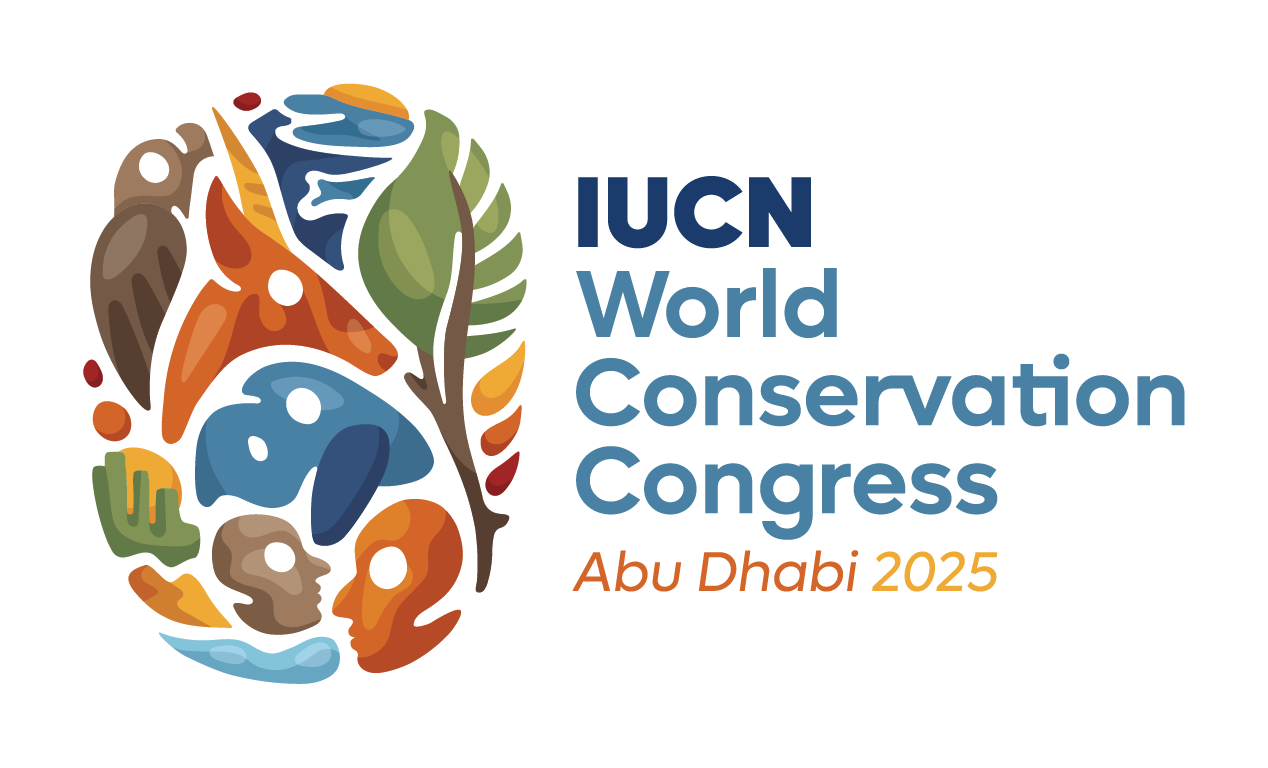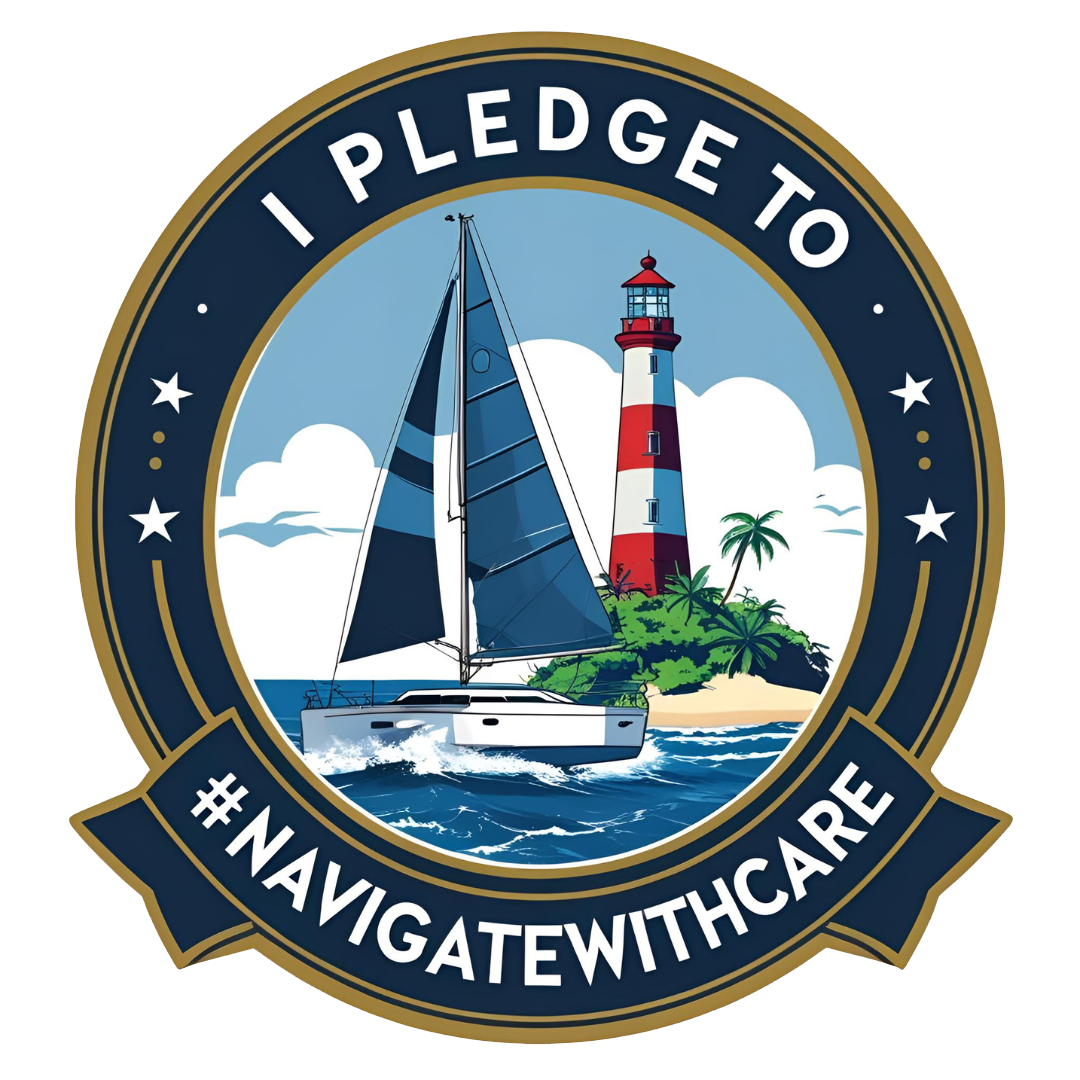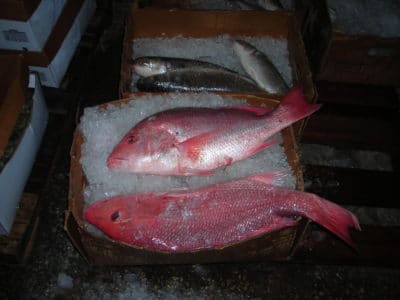
Roughly one billion people around the world depend on fish from the sea for protein, this makes it vital to understand and manage fish stocks properly. Although there are many factors that affect fish populations, such as climate change, ocean acidification, and water pollution, catching fish for human consumption is the biggest stress on fish numbers. To ensure that we use our marine resources sustainably, while protecting fish populations and the coral reefs where they live, we need to understand and manage human behavior. After all, managing fish populations is really about managing the people who fish for them.
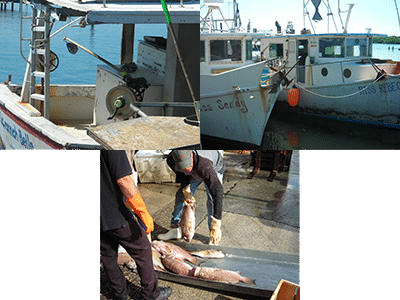
Over the past ten years Living Oceans Foundation fellow, Steve Saul, has focused his research on people’s dependence on reef fish and how coastal residents in coral reef areas, whose livelihoods are dependent on healthy fisheries, relate to one another.
Understanding Fisheries Data
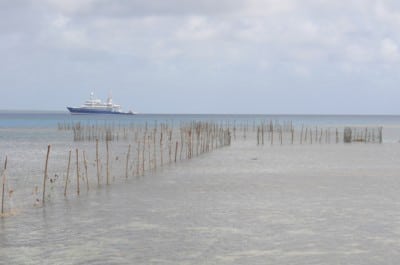
Steve says ‘One of the ways that I have sought to understand and quantify how people relate to the marine environment is through modelling’. He recently built a spatially explicit model of the reef fish fishery on the West coast of Florida. ‘An important component of developing this model was to spend time with the fishermen and women to learn how they make decisions about when they fish and how they respond to management measures’ he states.
Computer Modeling
To develop the model he combined the fisher survey data with US fishery management data on fish habitat, fish abundance, fish life cycle, and fishing catch and effort. The project was able to improve the evaluation of important grouper and snapper species by better understanding fisher decision making, and how this affects what fishers target and catch.
Understanding Fishing in Tonga
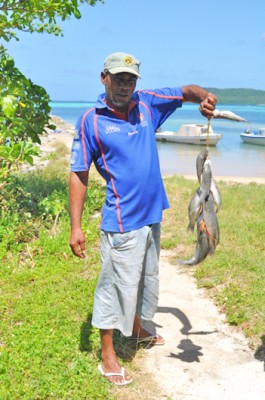
Now Steve and the Living Oceans Foundation are about to launch a similar project in Tonga. Many Tongans depend on subsistence farming and fishing for their livelihood, and eating reef fish is part of their daily diet. The Foundation’s Global Reef Expedition visited Tonga to survey coral reefs last year, and we are now returning to help willing local communities and the Tongan government implement fisheries related conservation measures. One of the ways we’ll do this is to develop a spatially explicit simulation model, similar to the one Steve developed on the West coast of Florida.
Managing Fishing Data
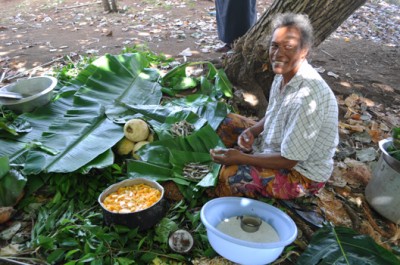
Steve explains ‘During our return visit we will be meeting with local fishers to learn about and collect data on how they fish, what gears they use, what they target, and what they consider when making fishing related decisions.’ This information will be critical in developing a simulation model. While Steve is developing the model he will meet with the local stakeholders to obtain their feedback and fine tune the model. He states, ‘Once we are satisfied that the simulation represents the basic human and biological dynamics of the fishery, the model will be used to explore different potential management measures.’ The model will help the Tongan community to evaluate and quantify the benefits and costs of potential different management measures. The hope is that the proposed work will help ensure environmental protection and food security for Tongan communities in the future.

